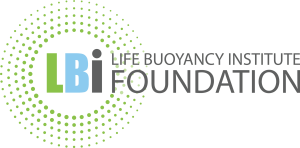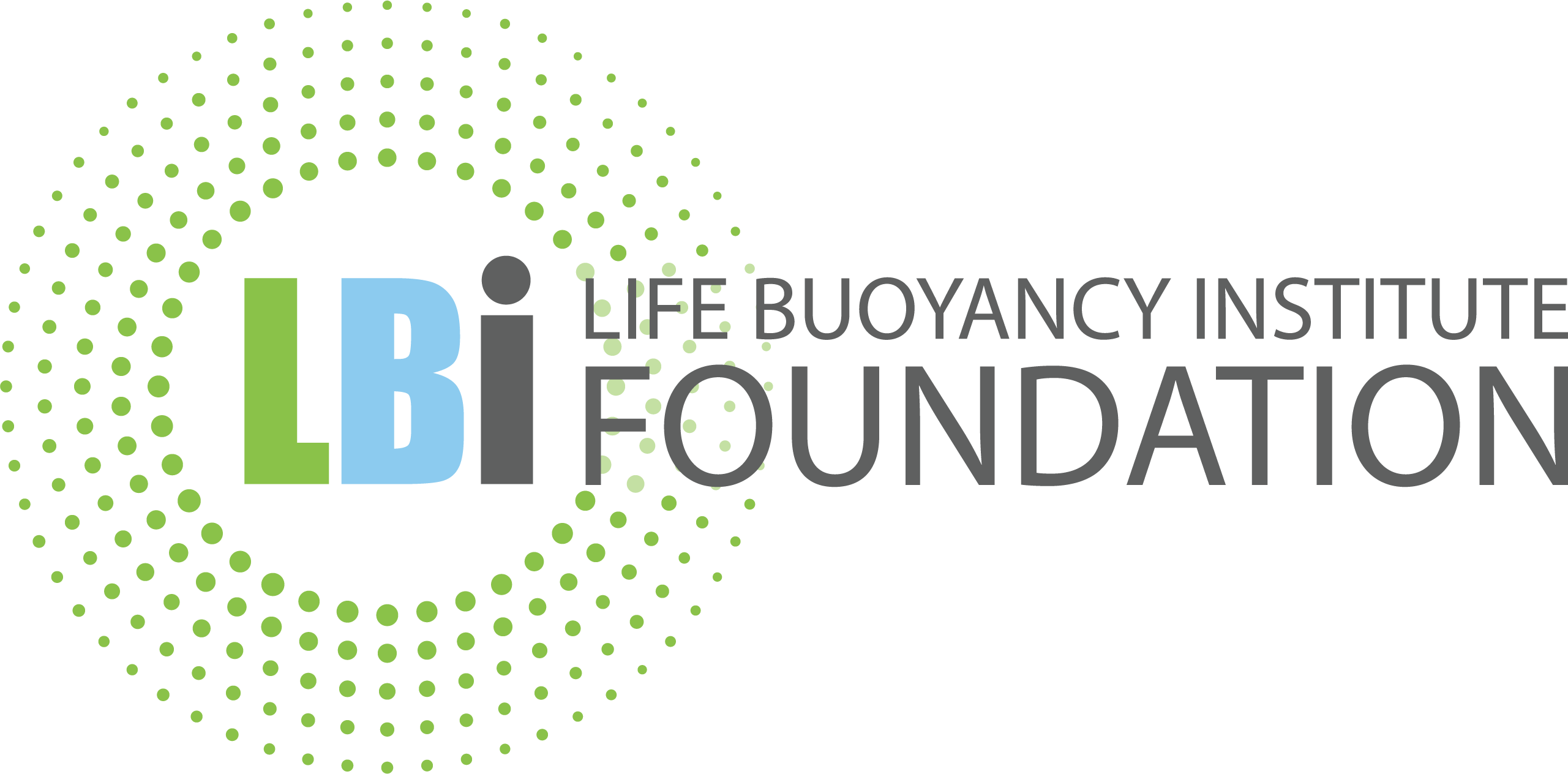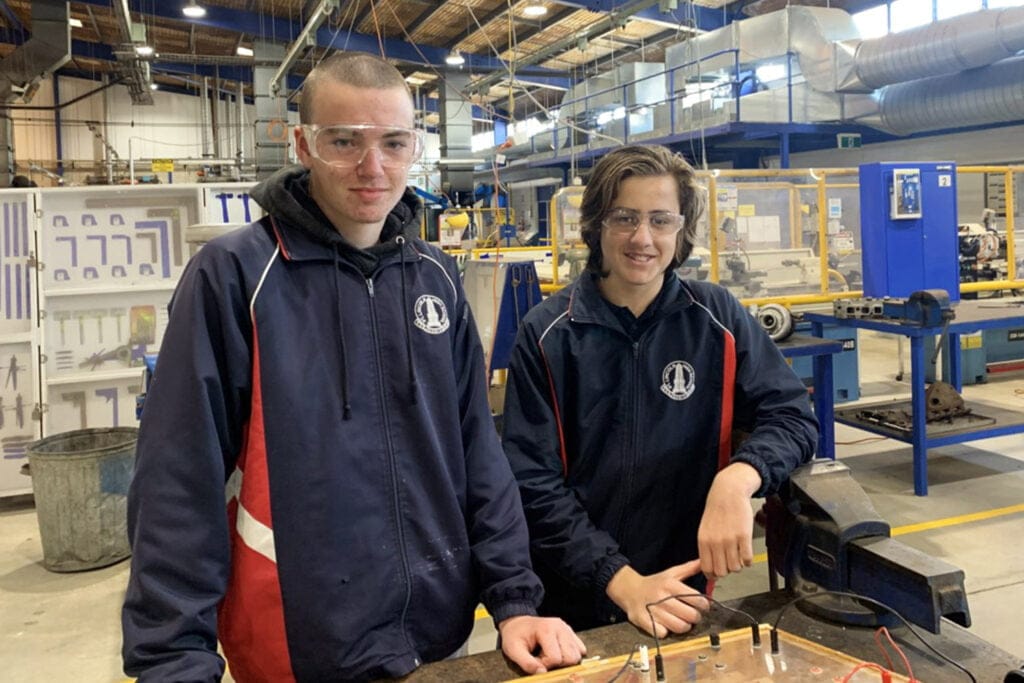We Embrace Complexity
In How Wellbeing, Inclusion and Trauma-Informed Services are Delivered Across Education
Both students and the education systems that support them are complex. This is reflected in:
- The increasing complexity of student need and challenging behaviours reported by many schools.
- The collective struggle many educators, leaders, families and community members have in understanding the “why” behind student behaviours.
- The busy and overloaded nature of schools and education systems, where educators and systems default to “behaviour management” or “risk management”, and may unintentionally bring less energy to growth focused care and support.
- Lack of a cohesive strategy, approach and common language to integrate wellbeing, inclusion, social-emotional learning, counselling and trauma-informed services.
- A tendency for schools and systems to “add-on” new social-emotional learning or wellbeing curriculum, that lack consistency and alignment.
- Under stress, educators, families and systems “reacting to student behaviour” rather than “responding to student needs” (including moment-to-moment support, wellbeing and growth planning).
- Elevated focus on explicit curriculum and teaching processes.
- Challenges in how to personalise the science of wellbeing, trauma and growth to the specific needs and context of student, family and education community.
- The feelings of disempowerment and burnout experienced by some educators.
- Support teams (e.g., educators, families, counsellors, allied health) not working cohesively together around shared intent.
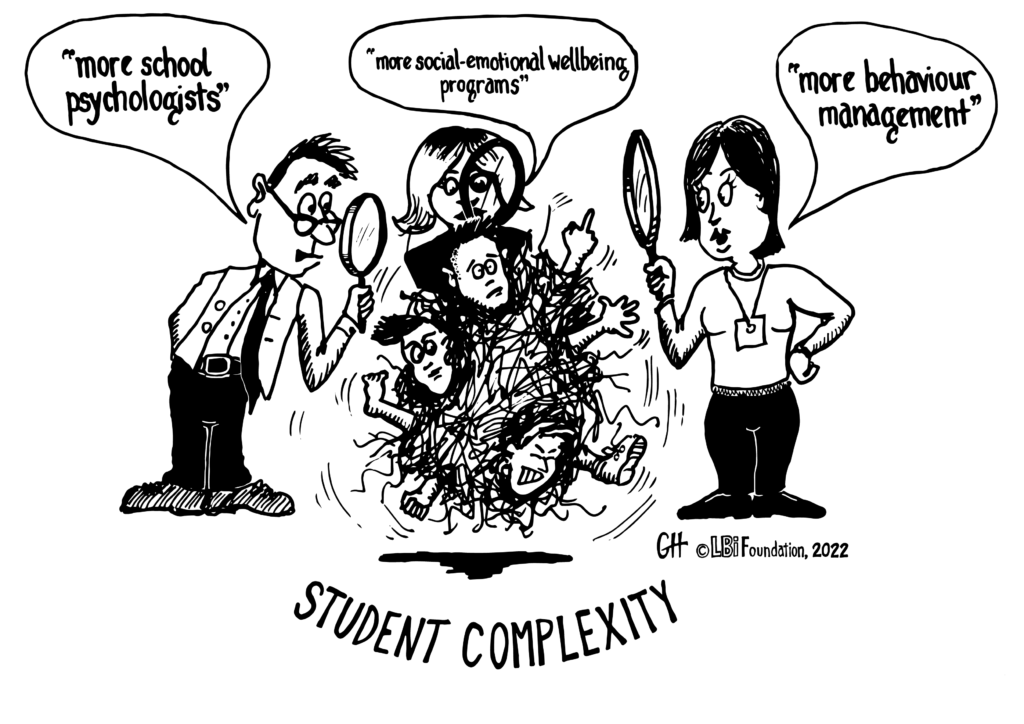

The siloed nature of how wellbeing, trauma, inclusion and social-emotional learning programs are delivered across some schools and education systems.
Our Intent
Building of Wellbeing and Trauma Responsive Education Communities
Where students, educators, leaders, families and education community members thrive
How Do We Do This?
Partners in Locally Led Capacity Building
- We seek to understand the unique context and needs of a partner community (e.g., school, site, kindergarten, system).
- We co-design a capacity building program that draws upon a suite of services from the IMPACT Program, including training, coaching, accreditation, resources and practical tools.
- This program is tailored to the specific needs and outcomes of the education community, and is positioned to strengthen and not replace existing initiatives and wellbeing program components (e.g., Berry Street, wellbeing frameworks, existing social-emotional programs, counselling and pastoral care services).
- The program is informed and guided by a capacity building strategy (Resilient IMPACT), which is underpinned by the science and practice of intentional practice.
- The strategy is designed to build shared language, knowledge, skills and methods from the “system” (whole-of-school) to moment-to-moment student support.
Language
Knowledge
Methods
Skills
Department of Education (SA)
Preferred Provider of Trauma-Aware Schools Initiative (TASI)
Student wellbeing and growth outcomes are maximised when education communities embrace complexity, and work together with shared intent. A wellbeing and trauma responsive education community is when educators, leaders, families and support members:
- Have a detailed understanding of the science of wellbeing, trauma, growth and human development, as made practical for individual and collective students.
- Can intentionally respond (rather than react) to the individual growth, trauma, learning, developmental and healing needs of students.
- Can intentionally scaffold a student’s growth through side-by-side coaching relationships and social-emotional learning, as mapped to student awareness, skills and mindsets associated with thriving outcomes.
- Are empowered to work side-by-side together with shared intent, and can co-construct shared wellbeing and growth solutions (Growth Action Plans) with the student’s voice, context and needs at the centrepoint of planning.
Thriving outcomes are thereby activated for students, educators, leaders and education community members.
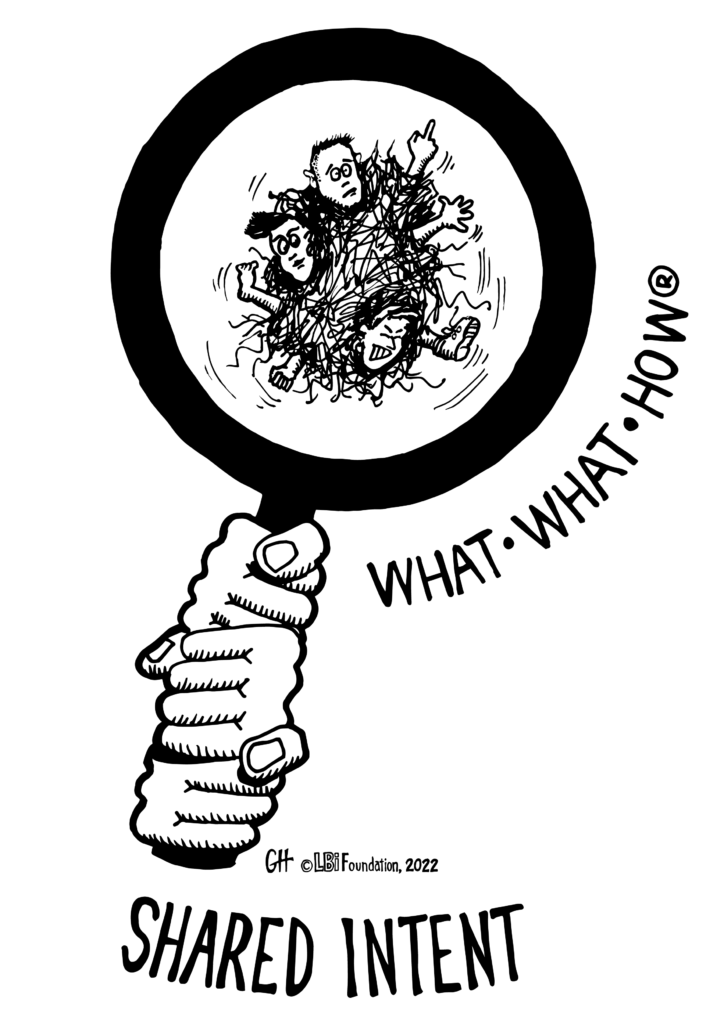
An education community where educators bring a shared intent to their support. This includes a shared understanding of (1) what is happening for individual or collective students, (2) what is important to focus on and (3) how this can be achieved or delivered.
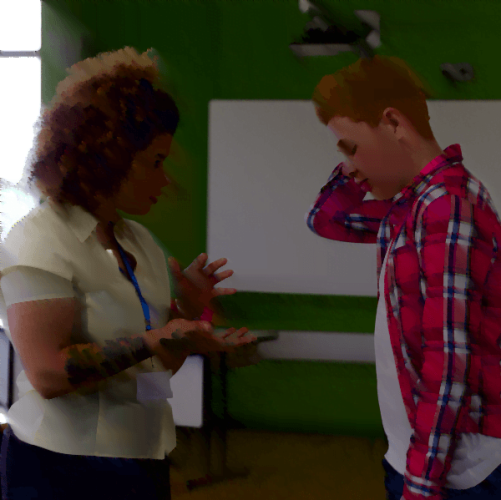
LBI is one of five preferred providers in the delivery of the South Australian Department of Education Trauma Aware Schools Initiative.
We offer specialist packages for Early Learning Centres and Primary/Secondary Schools.
